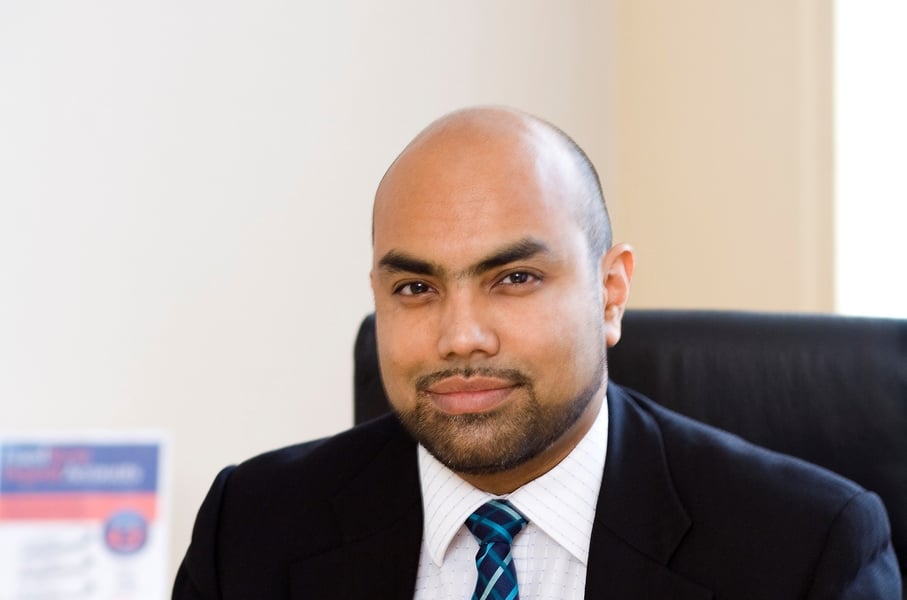The UK is now the top Western Centre for Islamic finance, with the number of institutions offering these services estimated to be nearly double the number located in the US, and far ahead of other Western countries.

Sultan Choudhury is chairman of Offa
Islamic finance is a global phenomenon and continues to grow rapidly both in the UK and around the world.
Established in 1975 with the formation of the Islamic Development Bank in Jeddah, Saudi Arabia, Islamic finance arrived in the UK in the 1980s in a limited form. Its growth accelerated from 2001, when an Islamic Finance Working Group was established by the Bank of England and the launch of shariah compliant home finance products.
The UK is now the top Western Centre for Islamic finance, with the number of institutions offering these services estimated to be nearly double the number located in the US, and far ahead of other Western countries.
According to the most recent Global Trends in Islamic Finance and the UK Market by TheCityUK, there are four licensed sharia compliant banks with assets of $4.7bn, and more than 70 listed Sukuk registered on the London Stock Exchange, with a combined value of over $50bn. The UK offers one of the most attractive regulatory and tax systems for Islamic finance anywhere in the world.
The global market for Islamic finance, as measured by Sharia-compliant assets, increased by 6.5% between 2016 and 2017, reaching a record $2.4trn. Global assets of Islamic finance grew by an average of 7.1% annually during the period 2012-17. The market is expected to reach $3.8trn by 2023.
Considerable potential exists for the expansion of Islamic finance. The global Muslim population, numbering around 1.8 billion, accounts for approximately a quarter of the global population, but Shariah-compliant banking assets make up 6% of the world’s banking assets. Increasingly, Islamic finance is an accepted part of the financial landscape growing along with ethical and socially responsible finance and investment.
The breadth of Islamic products and services offered in the UK has grown and is increasingly competing with offerings of conventional financial institutions. For example, Offa was first to market with its Shariah-compliant, short-term bridging products. Up until that point, there were no Islamic bridging products widely available in the UK.
The Islamic banks have been operating in the UK for many years, with the most active being Gatehouse Bank, which provides buy-to-let (BTL) finance and commercial property finance. However, none of them offer short-term finance which is often required by investors prior to obtaining longer term finance, so there is a big gap in the market. This, together with the growing demand for shariah compliant products from property investors seeking ethical alternatives.
There is also increase of professional and business owning Muslims in society coming into wealth. The Muslim and wider UK Asian community has always favoured property when it comes to living, spending upon, or for investment. Even for pensions – the main investment class Asians tend to favour is property.
As a result, BTL investments - residential and commercial - are very popular. You just had to visit property auctions before the pandemic to see the level of interest amongst potential investors. Not only do they purchase properties – they will usually renovate or upgrade the property prior to letting to tenants.
Many Muslim property investors have been crying out for short-term sharia-compliant halal finance to support the purchase of property investments. The number of people renting continues to increase, with a third of the UK’s millennials who will rent into retirement.
The UK has the fifth-highest number of tenant occupiers out of all 28 EU nations. VeriSmart forecasts renters will account for 55% of the housing market by 2045.
Clearly, the buy-to-let market is still offering good returns for investors, provided they focus on affordable parts of the UK, where there are strong yields and the potential of good capital growth.


